The 81st Venice Film Festival has premiered Quiet Life, by Hellenic director Alexandros Avranas (Love me Not, 2017), within the Orizzonti section, a co-production of France, Germany, Sweden, Greece, Estonia and Finland, in which he once again features Greek actress Eleni Roussinou and stars Chulpan Khamatova and Grigoriy Dobrygin with the collaboration of veteran Swedish actress Lena Endre. The script, signed by the director in collaboration with Stavros Pamballis sets us in Sweden, in 2018.
The first images show us with stylized staticism a family formed by father, mother and two girls, ready for inspection. The frame could be a set or a show house, the tones are faded, neutral or cold, the furniture, the walls, the clothes, put us on our guard from the beginning. In other words, they do not allow us to relax, because an inexplicable tension has already settled in our mind. The excellent cinematography by Olympia Mytilinaiou (Dodo, 2022) and a recognizable artistic direction are fundamental keys to sustain a drama that, at times, deliberately excludes us, as happens to the parents in the fiction shown, as if we could not believe what we see.
Gradually we discover that the family is protected, supported and housed by the government, as the progenitor’s life has been threatened in Russia for promoting academic freedom in his job. Everything moves as if on tiptoe, the social workers’ questions are sharp and artificially polite, while the answers are so correct that they ooze fear. The wounds are not yet healed, literally, and the terror of what she has lived through merges with the fear of being sent back to her country.
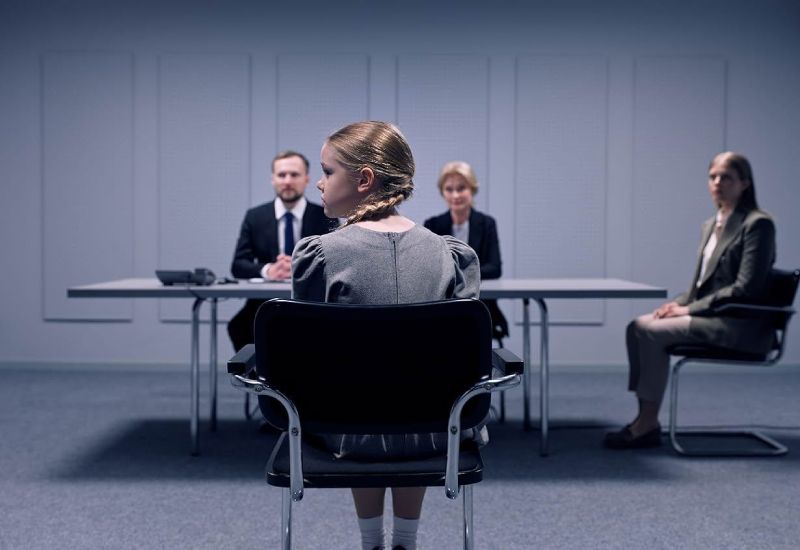
Their refugee status is to be reviewed and either rejected or made permanent, the family faces a crucial interview. The girls’ integration is unquestionable, but unexpectedly, the lack of evidence about the alleged assault suffered in Russia (the father sports a large scar across his abdomen) and the threats looming in case they return, turn their expectations upside down. One misstep after another and there is the state to protect the girls, but in this case from their parents. The machinery worthy of the Swedish theory of love has been set in motion and there is only one hope left: one’s own initiative and courage to move within the confines of the system.
Everything in Quiet Life exudes the coldness and automatism of dystopia, where situations are hyper-regulated and solutions seem to obey a clinical analysis, to reach the optimization of living conditions, beyond personal initiative (fallible), which has not passed the scrutiny of doctors, psychologists and therapists. Of course, we think of the “Greek weird wave”, but in this case we do not find ourselves in front of one of those mannerist films that exploit the bizarre; on the contrary, form and content agree in a great way, to the point that it is hard to believe that what is shown is not a fatalistic elaboration on estrangement, but the dramatization of numerous real experiences.
The refusal to grant political refuge to the family provokes in the girls a syndrome that exists in reality: that of resignation, typical in refugees, especially when it comes to children. Concern about this condition has led some governments to treat it as a disease, a mysterious coma into which frustrated children with post-traumatic stress fall. This abandonment, this loss of the will to live and interact in a world that they do not understand and that mistreats them, translates into a clinical syndrome, which is now a recognized health issue.
The tension of the family’s new reality, in which their relationship and care of the daughters is questioned, the surrender and their submission to the state, theoretically better prepared to treat them, and the desire to remain united and the distrust of therapy, will lead to a turn of events, which will reverse the passivity of the parents, threatened in their precarious situation of asylum that pushes them to accept everything without protests, which in their case will only worsen their condition of good parents.
The girls Naomi Lamp and Miroslava Pashutina play an extraordinary role in the film, carrying the emotionality they are capable of transmitting, from the most glacial of the mise-en-scene and the plot beats. Regarding the genesis of such a particular film, its director declared that he had been obsessed for years with the phenomenon called Child Resignation Syndrome, suffered by hundreds of children (counting only Sweden), who have been expelled by political and war conflicts around the world, by poverty and repression. The helplessness of their parents to provide them with the security they need tragically overstates the problem. Alexandros Avranas directs a humanistic and accurate film, with the stylization and dramatization necessary for the upgrade from a social reportage to a fictionalized tragedy to allow us to enjoy an inspired and successful film.
The impression left on the viewer by Quiet Life is all the more disturbing and effective when we know that what we have seen has not been a fantasy pushed to the limit in family relationships, affections, intra-family and governmental paternalism and that twisted concept of affection and protection that we have enjoyed so much in other films.

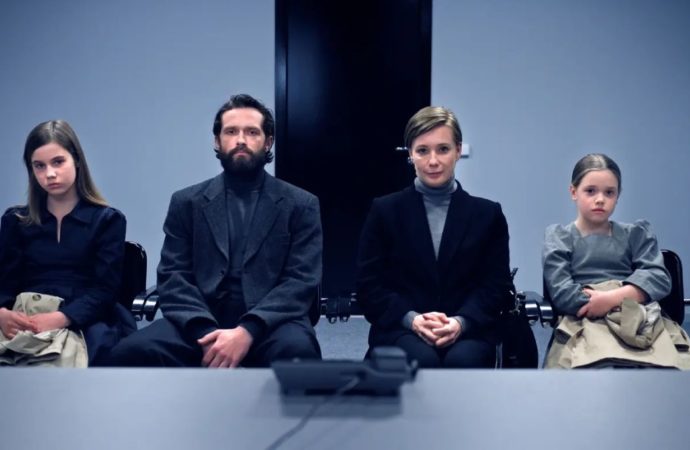

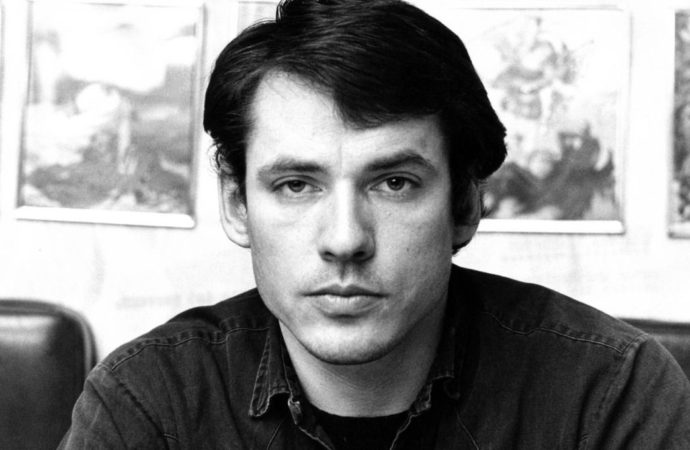
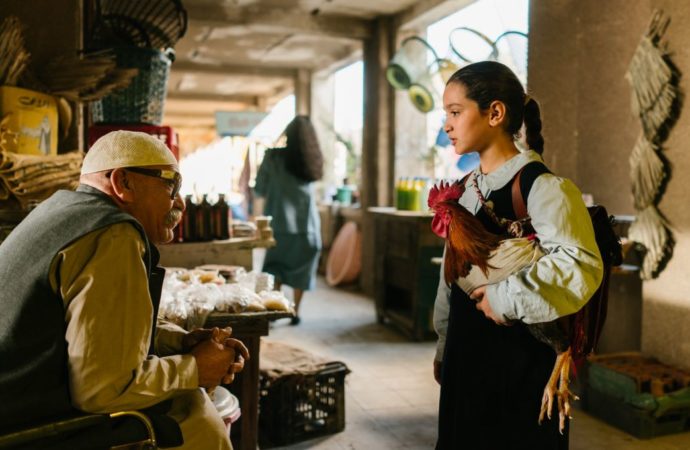
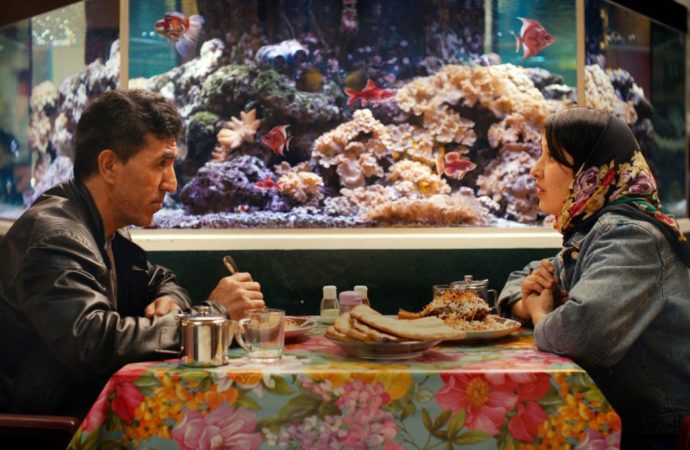

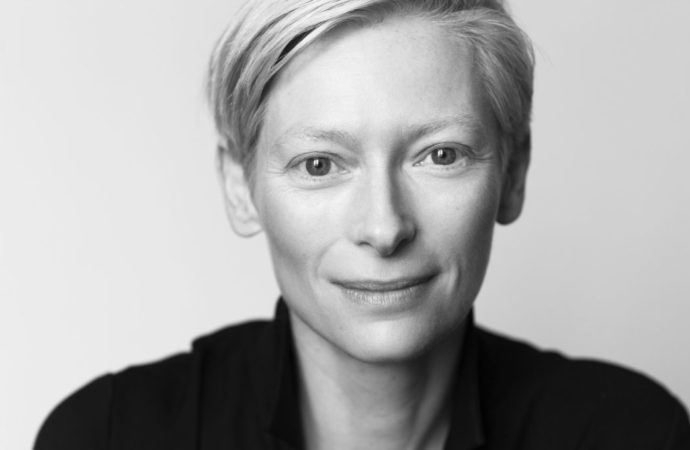
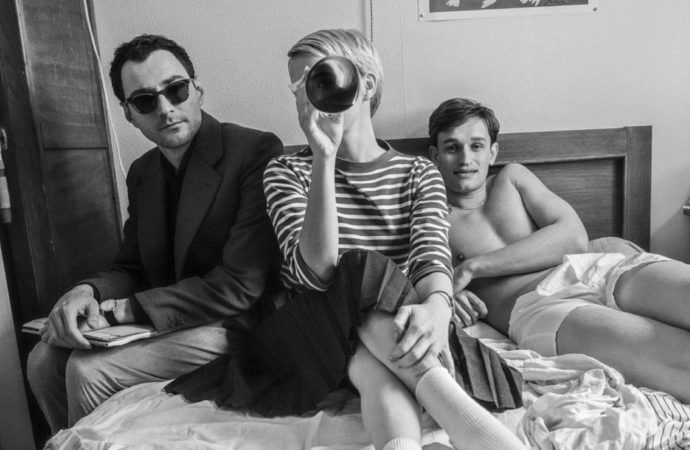
No one has posted any comments yet. Be the first person!